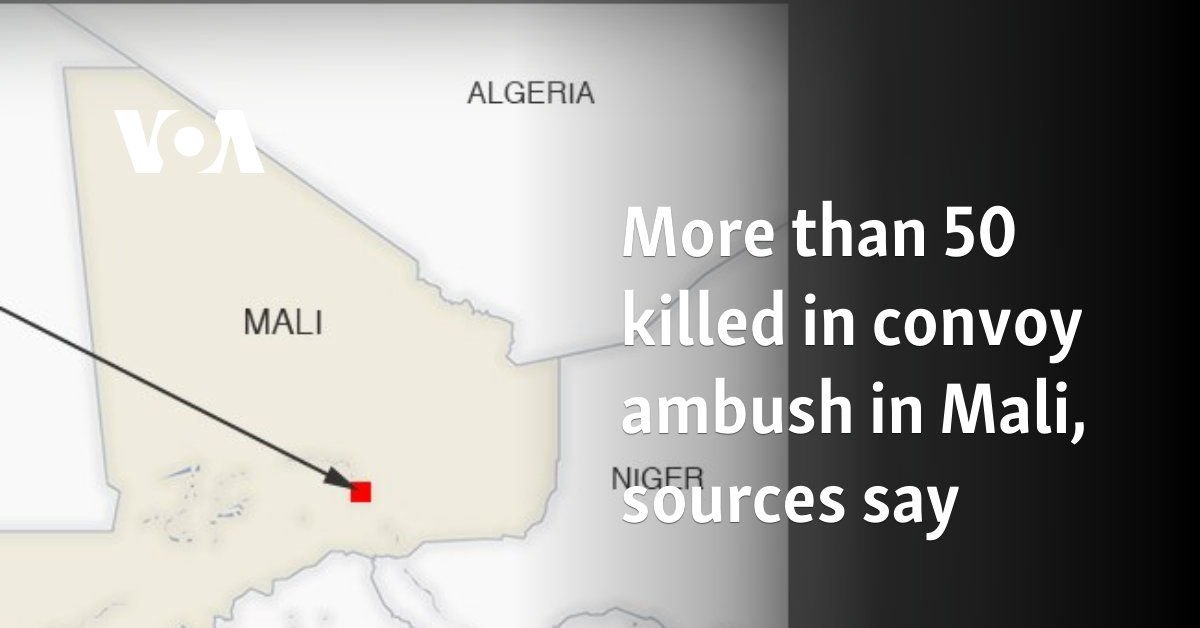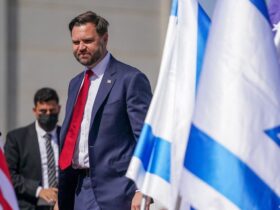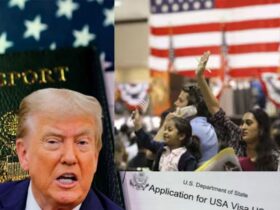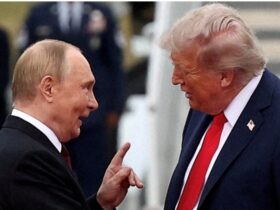Senegal’s Prime Minister Ousmane Sonko spoke for hours in parliament on Friday, presenting plans for a new government barely a month after his decisive parliamentary election victory that cemented the authority of President Diomayne Faye, elected at the beginning of the year.
He touched on a number of domestic issues, not least a controversial plan to waive amnesty rules passed by the previous government, possibly with a view to prosecuting rivals such as former President Macky Sall.
Sonko also announced that all foreign military bases in the country should be closed and said the idea was first put forward by President Faye.
“The President of the Republic has decided to close all foreign military bases in the near future,” Sonko said to applause in the House.
Western footprint is fast disappearing in the Francophone Sahel
Faye, who dissolved parliament and called snap elections during his first months in office, had last month expressed his desire to close French military bases in Senegal.
“Senegal is an independent country, it is a sovereign country, and sovereignty does not accommodate the presence of foreign military bases,” he said during a rare media interview.
Western powers are struggling to maintain their presence in the Sahel region amid a series of coups in countries such as Mali, Niger and Burkina Faso, leading all military governments to turn to Russia for assistance.
They have stepped up diplomatic efforts with countries like Senegal and Ivory Coast in response, but the change of government in Dakar appears to pose further challenges.
France has now completely abandoned Mali, Niger and Burkina Faso, and said on Thursday it had also withdrawn its last troops from a base in Chad. He is believed to have about 350 soldiers in Senegal.
Sonko’s other plans – reviving amnesty for former President Sall
Senegal’s prime minister told the legislature the government was working to repeal the mass amnesty law that was one of the last major acts of former President Macky Sall. A project aimed at repealing this initiative will be put forward “in the coming weeks,” Sonko said.
Amid mass protests ahead of the presidential election, Sall passed legislation to defuse tensions, releasing hundreds of people imprisoned for inciting public violence.
This amnesty ultimately allowed both Faye and Sonko to run for public office and gain power, although Sall’s critics claim it was also designed to protect them in the future.
“This is not witchcraft, much less revenge,” Sonko told parliament. “It is about justice, the pillar without which no social peace can be built.”
What else did Sonko promise?
Sonko said his government would change its visa policy with France as well as several European countries, including the US, adding that he would seek “free visas for Senegalese citizens based on the principle of reciprocity”.
Senegal abolished its visa fees in 2015 to promote tourism.
Sonko said his government would seek to strengthen public finances by “expanding the tax base” while gradually reducing average tax rates. He defined the goal as “achieving effective and equitable taxation that requires all Senegalese to pay less, but all Senegalese paying.”
He said the country would improve its economy by starting to exploit natural gas, as Senegal plans to do in 2025, but also by boosting the industrial sector.
Sonko also said his government would promote “multilingualism”, incorporating more English and national languages into the French-dominated education system.
msh/dj (AFP, AP)






Leave a Reply